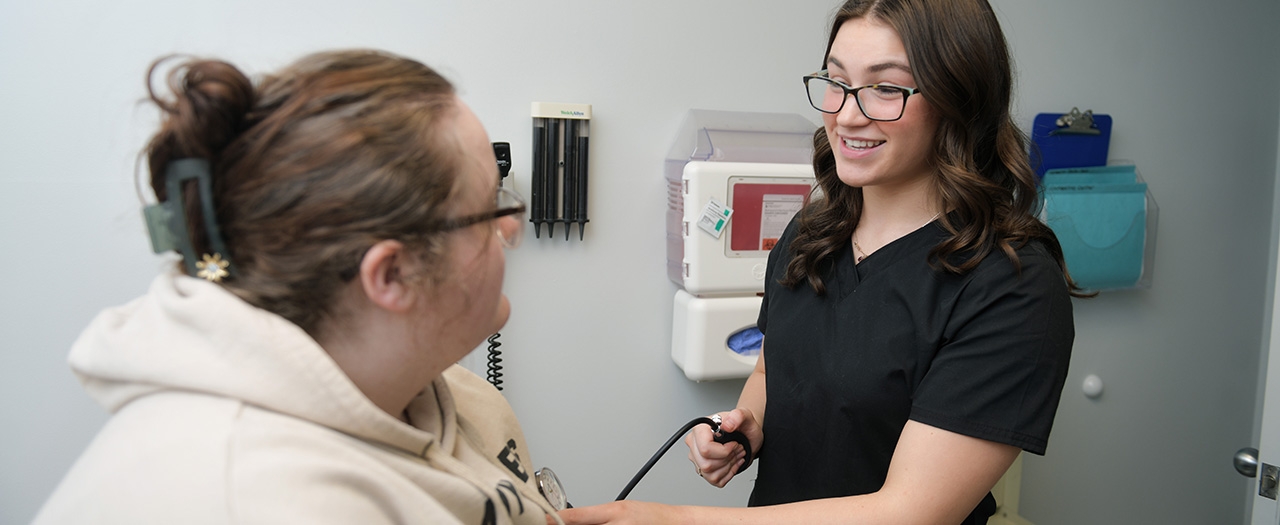Eastern Kentucky University (EKU) has entered a partnership with six universities to address healthcare workforce challenges, foster economic development and promote regional prosperity in central Appalachia. Called the Regional Public Colleges and Universities (RPCU) Central Appalachia Health Consortium, the project is part of the Appalachian Regional Commission’s Appalachian Regional Initiative for Stronger Economies (ARISE).
EKU President David McFaddin said, “At Eastern Kentucky University, we are committed to improving healthcare access and outcomes in underserved areas, particularly in Appalachia. Our reputable academic programs prepare students to enter these critical healthcare fields and make a positive difference. We’re eager to be part of the RPCU Central Appalachia Health Consortium and contribute our resources and expertise to advance economic development and enhance healthcare availability across the region.”
The consortium will explore a variety of strategies for working together and impacting health and economic outcomes in central Appalachia. The goals of the initiative include strategies such as articulation agreements, local pipeline development, cross-institution internships, in-state tuition arrangements, elective options, streamlined applications and preferred admissions.
Eastern Tennessee State University is leading the initiative. Additional universities collaborating on the consortium along with EKU include Appalachian State University, Marshall University, Ohio University, Radford University and Shawnee State University.
This project encompasses 235 counties in six states: Kentucky, Ohio, West Virginia, Virginia, Tennessee and North Carolina. Of those 235 counties, only six are not in an area designated a primary care health professional shortage area, and just four are not in a dental care health professional shortage area.
Consortium members will work to implement five major activities as part of this multi-state effort: formalizing relationships between university partners, conducting a needs and gap analysis of healthcare workforce training, research review, developing an implementation plan and developing an RPCU Central Appalachia Health Consortium landing page.
In addition to contributing to planning activities, EKU’s role includes leveraging health science programs to promote health career programs within EKU and across consortium partners. The goal is to address health profession needs within the region to support a robust Appalachian economy.
Key health career programs at EKU include nursing, health administration and public health. Additional programs of interest at EKU include occupational therapy, social work, speech pathology, nutrition, medical laboratory science and counseling. EKU is also pursuing the addition of a College of Osteopathic Medicine. A medical degree program at EKU would place more practicing physicians in the state, and specifically in rural Kentucky, further helping to alleviate the healthcare shortage.
As for the consortium, “EKU’s contributions will include the development of an EKU advisory committee to inform the planning committee,” said Dr. Michelyn Bhandari, EKU’s project director for the consortium. Dr. Bhandari will represent EKU at all consortium meetings and the advisory committee will consist of associate deans, department chairs or designated representatives of the focus programs and staff from the EKU Regional Campuses “to assure that all programs are adequately represented in the planning activities,” Bhandari said.
For the one-year planning period that starts July 1, 2024, EKU was funded $20,167 for its partnership role in the consortium.
